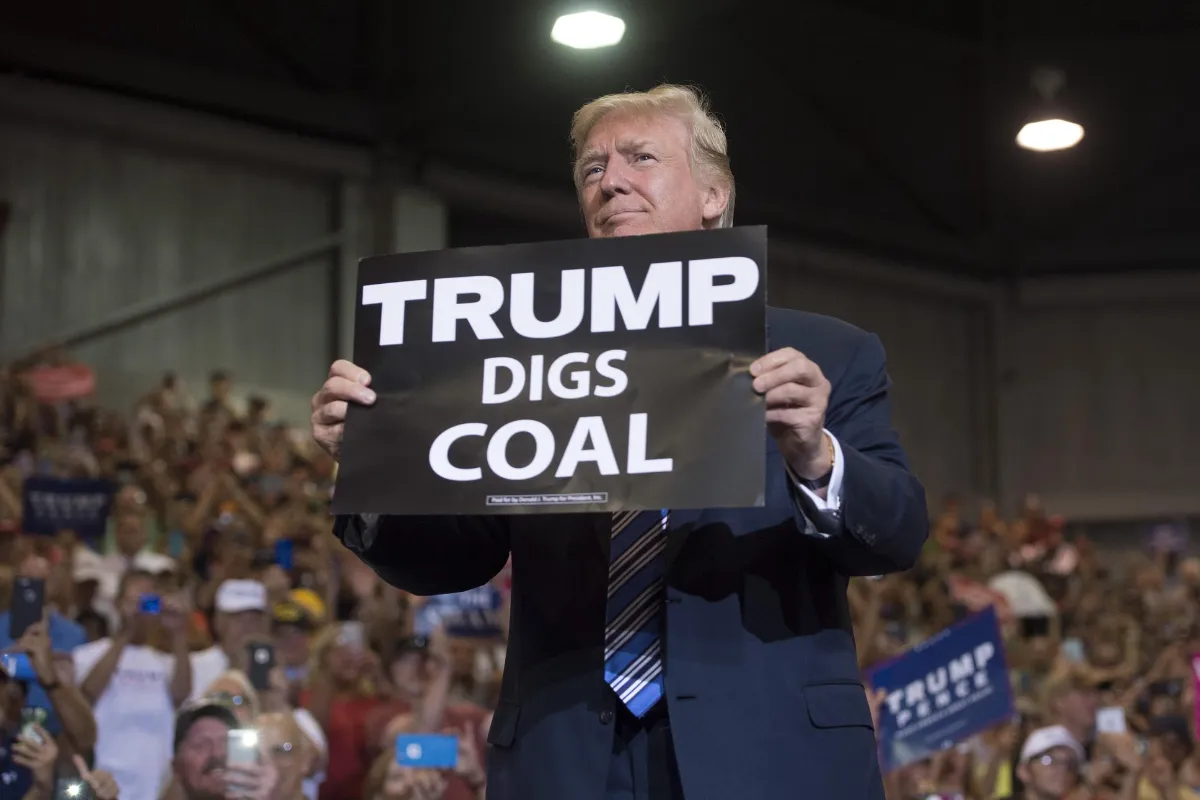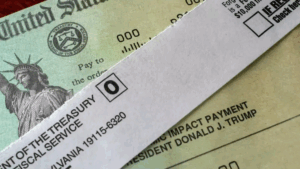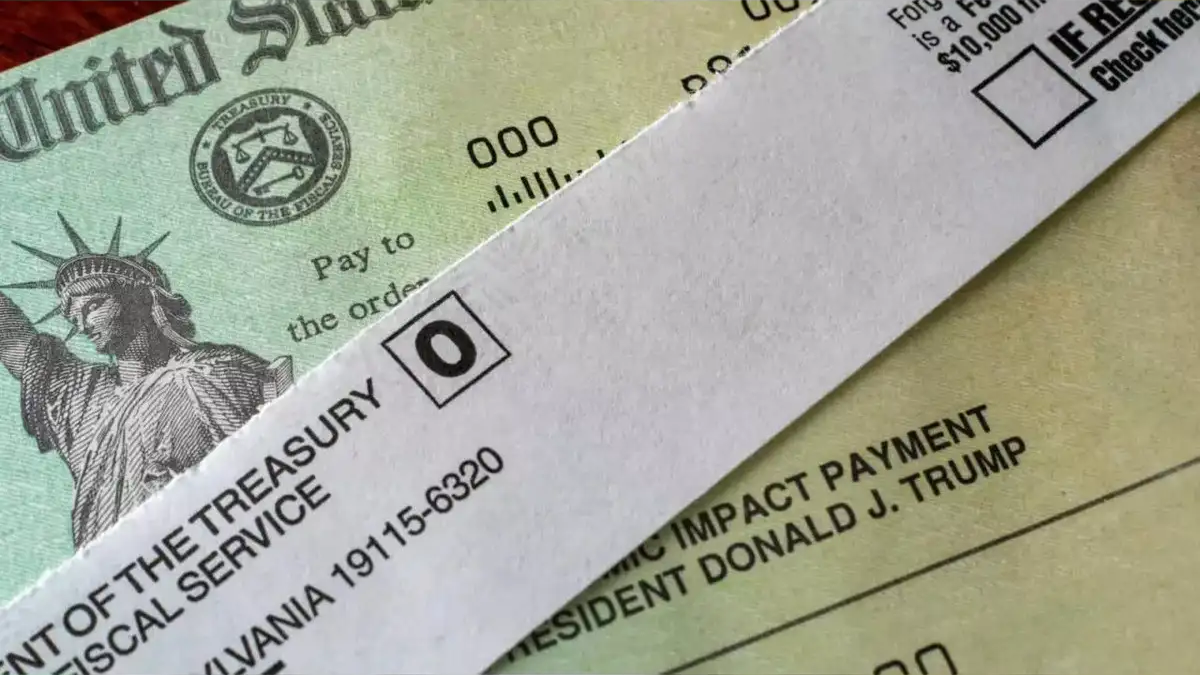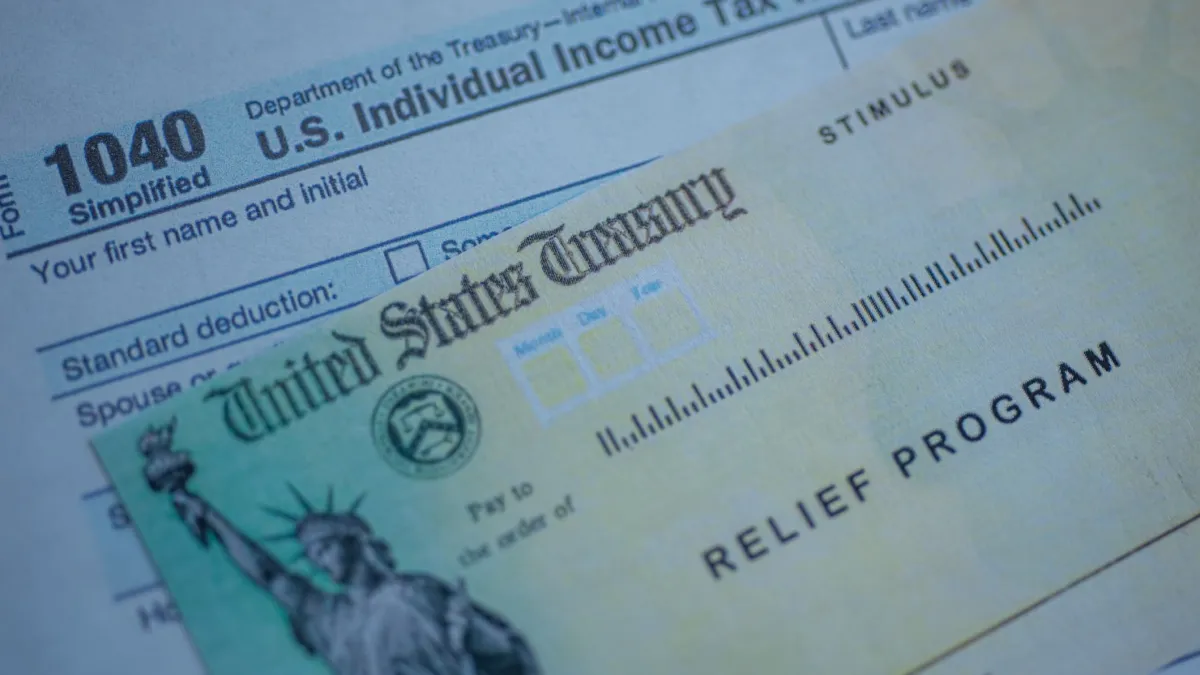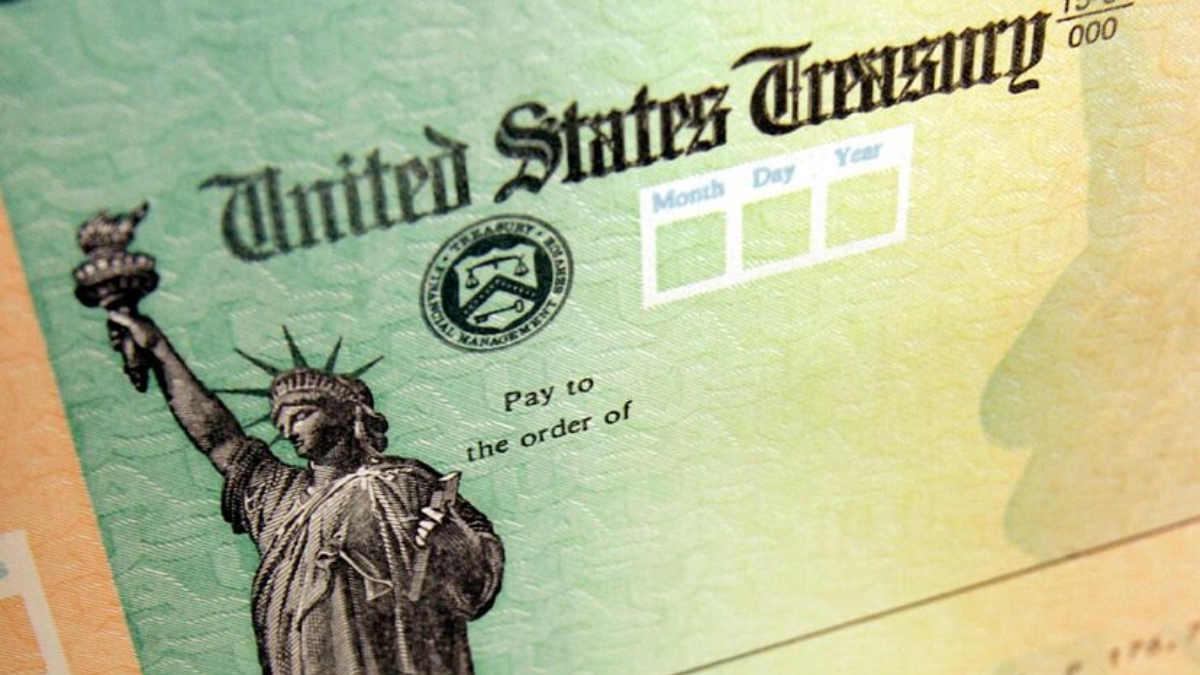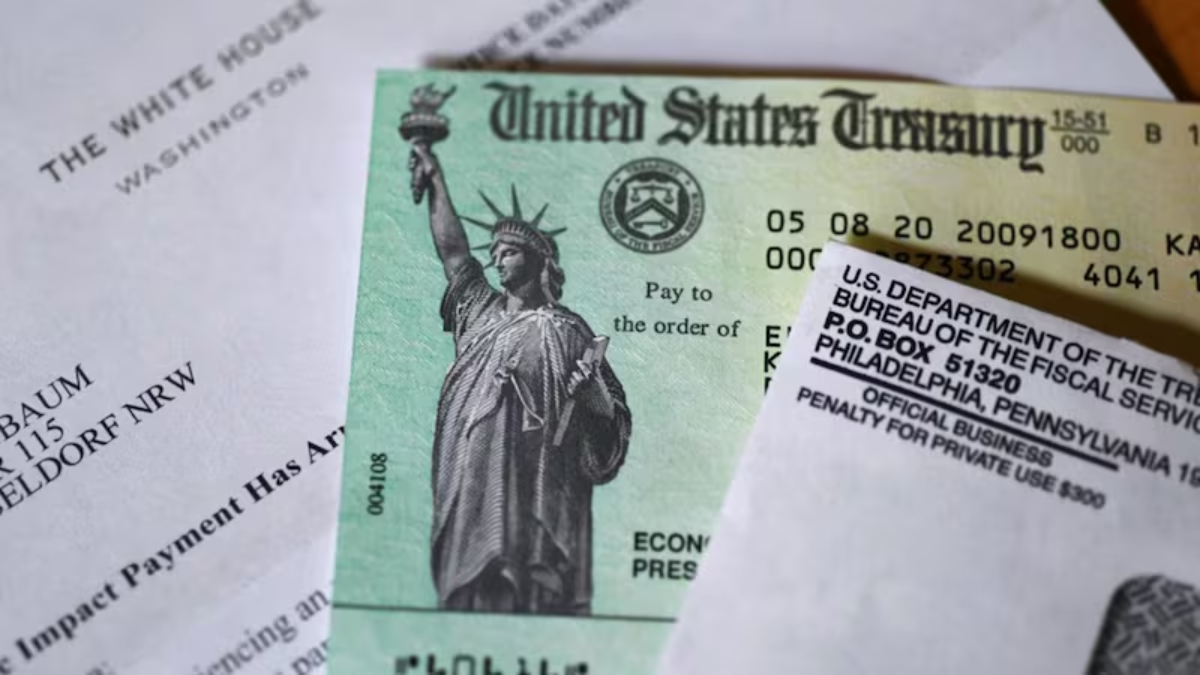Despite strong support from West Virginia voters in both the 2016 and 2020 elections, former President Donald Trump’s latest trade action could spell trouble for the state’s coal industry—a key part of its economy.
On Monday, Trump implemented an 84% tariff hike on Chinese imports, escalating an ongoing trade war that quickly triggered retaliation from China. Among the sectors hit hardest? Coal exports, especially those coming from West Virginia.
While Trump also signed a series of executive orders aimed at prolonging coal plant operations and boosting coal exports, critics argue the timing of these actions is more about politics than real impact. Environmental advocates like the Sierra Club warn the move could weaken pollution safeguards and raise energy bills for everyday Americans, all while doing little to protect miners’ jobs.
China, a major buyer of U.S. coal—especially for steel production—has now turned up the heat by slapping retaliatory tariffs on American coal. The result: U.S. coal is more expensive than coal from countries like Australia, Russia, and Indonesia, making it less appealing to international buyers.
This is bad news for West Virginia, which shipped over 6 million tons of coal to China in 2024 alone, out of the 11.6 million tons exported nationwide. That trade lifeline is now at serious risk.
A study by the Ohio River Valley Institute reveals just how much is at stake. China, Mexico, and Canada purchased $100 billion in goods from West Virginia, Ohio, Pennsylvania, and Kentucky last year. If these tariffs had been in place then, businesses would’ve lost $21 billion, effectively adding a tax burden of nearly $800 per West Virginian.
“Tariffs, therefore, will have the potential to be highly disruptive for businesses in our region’s states,” wrote Nick Messenger, who authored the institute’s report.
The impact could be devastating. West Virginia’s coal industry currently supports about 14,000 jobs, while Kentucky has another 5,000 coal workers. With U.S. coal usage declining to just 16% of the national electricity mix, states like West Virginia are already on shaky ground. Now, with fewer coal exports expected, jobs and tax revenues are on the line.
For a state that’s consistently backed Trump, the consequences of this trade decision may be a hard pill to swallow.
